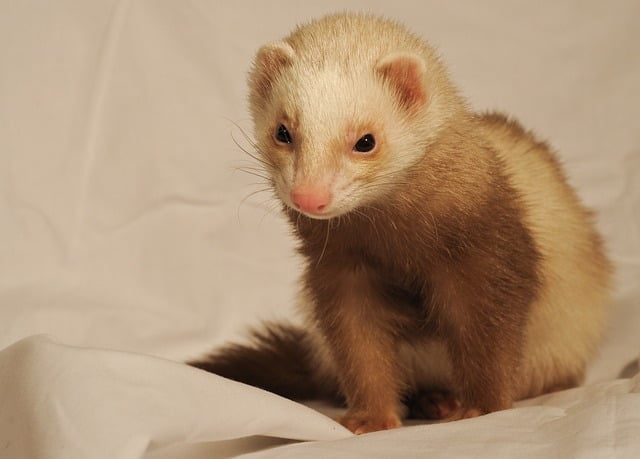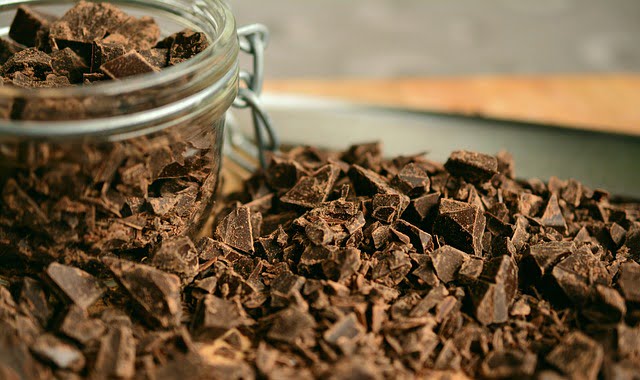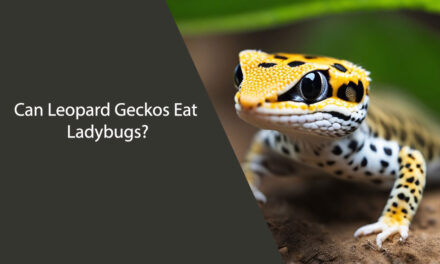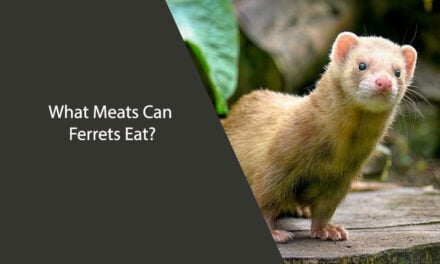Are you a proud ferret parent, smitten by those adorable fuzzy faces? If so, you know how much these little creatures mean to you, and their health and well-being are your top priority. As ferret owners, we want to give them the best of everything, from toys to treats. But, wait! Before you decide to share your favorite chocolate snack with your ferret, hold on tight! There’s a dangerous secret about chocolate that could put your ferret’s life at risk. Let’s dive into the sweet danger and explore whether ferrets can eat chocolate or not.

Table of Contents
Understanding Ferret Diet: What’s on the Menu?
First things first, let’s talk about ferret diet basics. Ferrets are obligate carnivores, meaning they thrive on a diet that’s mainly protein-based. In the wild, ferrets feast on small mammals, birds, and insects. As loving ferret owners, we want to replicate their natural diet and provide them with the nutrients they need for a healthy and happy life.
But here’s the thing – not all human foods are safe for ferrets. Some foods can cause serious harm to our fur babies, and chocolate happens to be one of the biggest culprits.
The Chemistry of Chocolate: Not So Sweet for Ferrets
You might be wondering why chocolate is harmful to our furry friends. Well, here’s the scientific scoop: chocolate contains two compounds, theobromine, and caffeine. These compounds can spell disaster for ferrets, even in tiny amounts.
Theobromine and caffeine act as stimulants, wreaking havoc on a ferret’s sensitive system. Unlike humans, ferrets can’t efficiently process these compounds, leading to a buildup of toxicity in their bodies. This toxic cocktail can cause a range of serious health issues, and in extreme cases, it can be fatal.
Why Chocolate is Harmful to Ferrets: The Devil in the Details
It’s essential to understand that ferrets are much smaller than us humans, and their bodies react differently to substances like theobromine and caffeine. Even a small nibble of chocolate can have severe consequences for our beloved pets. These adverse effects might include restlessness, increased heart rate, vomiting, diarrhea, and even seizures.
Common Symptoms of Chocolate Toxicity: Know the Red Flags
It’s essential to be vigilant and recognize the signs of chocolate toxicity in ferrets. If your fur baby starts acting strangely or exhibits any of the symptoms mentioned earlier, don’t brush it off as a minor issue. These signs could be a clear indication that your ferret has ingested chocolate and needs immediate medical attention.

Treatment and Care: What to Do in an Emergency?
Picture this: you’ve just discovered your curious ferret managed to sneak a nibble of chocolate when you weren’t looking. Panic sets in – what should you do? The first and most crucial step is to remain calm. Rushing your pet to the veterinarian is vital, but there are a few things you can do before you hit the road to maximize your ferret’s chances of recovery.
Preventing Chocolate Consumption: Safety First!
Prevention is always better than cure, and that’s undoubtedly the case when it comes to chocolate and ferrets. The best way to keep your little adventurers safe is by ferret-proofing your home and ensuring that chocolate and other harmful foods are kept well out of their reach. You might even consider adopting the motto: “chocolate is for humans, not ferrets!”
Safe Treats for Ferrets: Delicious Alternatives
You must be wondering, “What can I give my ferret as a treat then?” Fear not! There are plenty of safe and delicious options to reward your furry companion. Ferrets love a variety of meats, such as chicken, turkey, and lamb. You can also treat them to small amounts of fruits like bananas and berries. Just remember, moderation is key!
Other Foods to Avoid: Keeping Your Ferret Safe
Chocolate isn’t the only food you should keep away from your ferret. There are several other human treats that can be harmful to their health. For example, avoid feeding your ferret sugary or salty foods, as they can upset their sensitive tummies. Onions and garlic are big no-no’s too, as they can be toxic to ferrets.
Understanding Your Ferret’s Health: Regular Check-Ups Matter
As a responsible ferret owner, it’s crucial to keep an eye on your pet’s overall health. Regular check-ups with the veterinarian can help catch potential issues early on and ensure your furry friend stays in tip-top shape.

Conclusion: The Sweet Danger Unveiled
As much as we’d love to share all our favorite foods with our ferrets, some things are just not meant to be. Chocolate, with its theobromine and caffeine content, can be a dangerous treat for our adorable companions. It’s essential to be informed and vigilant, safeguarding our furry friends from potential harm.
Remember, a healthy and happy ferret is a ferret that’s loved, cared for, and fed the right way. So let’s cherish our delightful little buddies and shower them with all the safe treats and love they deserve!





